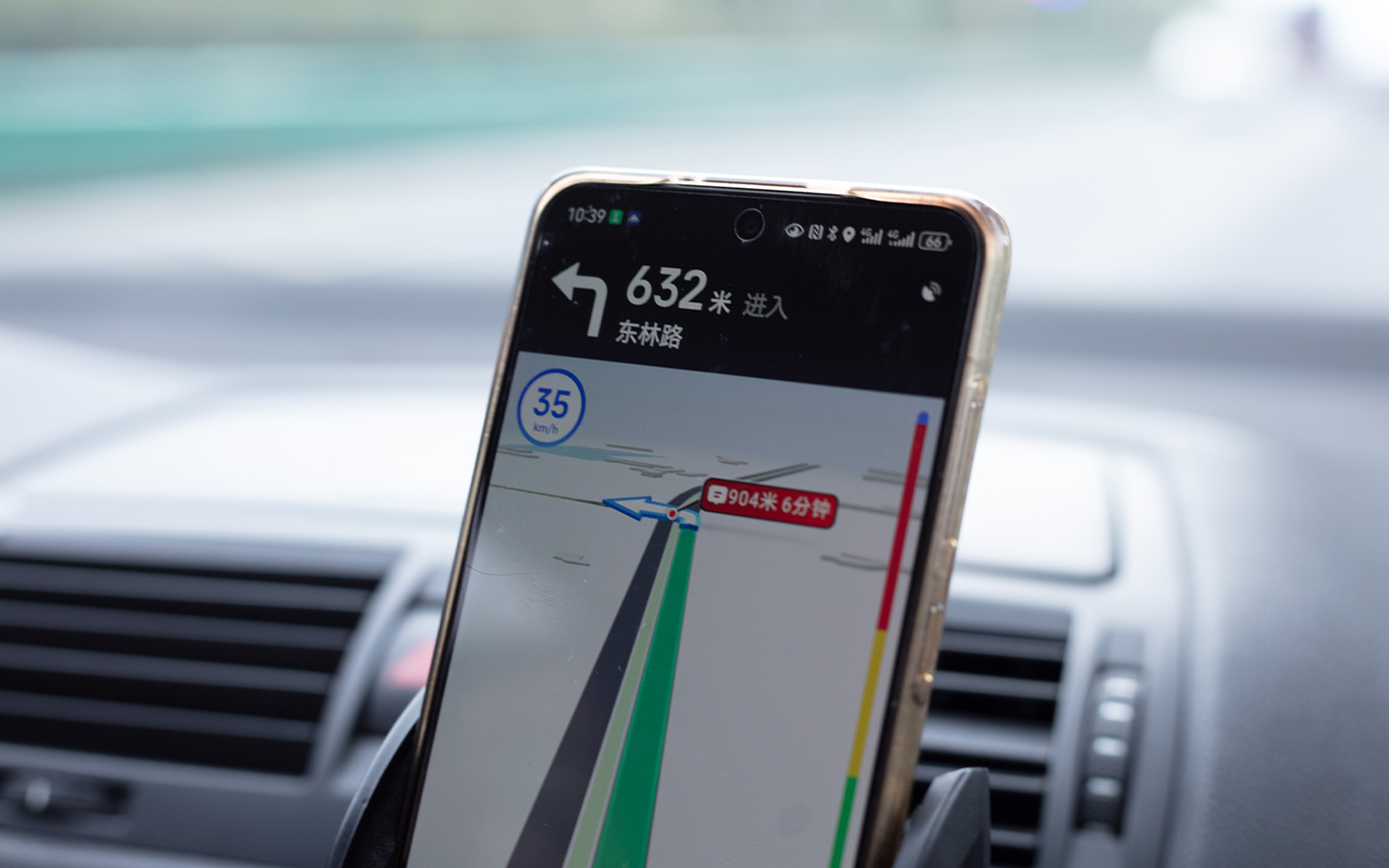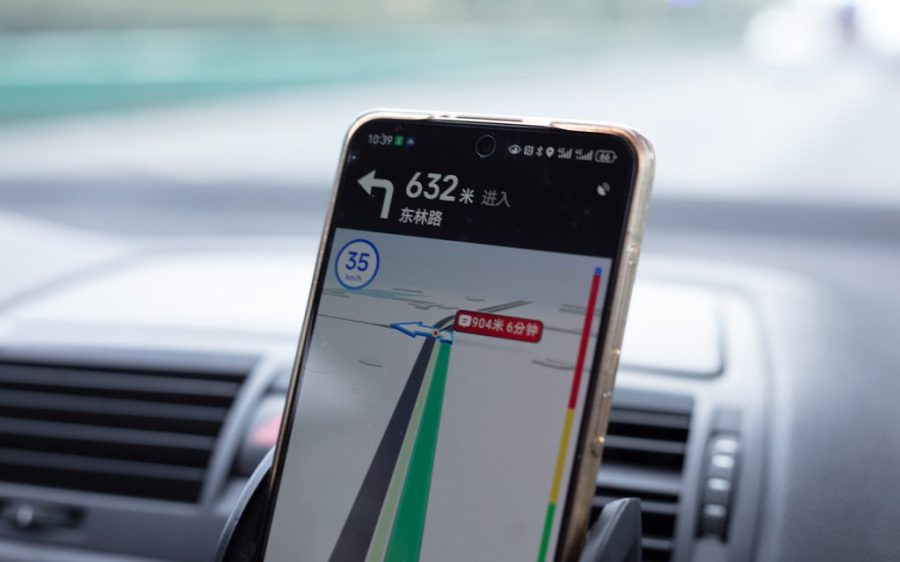The Macao Science Centre (MSC) is aiming to take a lead role in promoting China’s BeiDou Navigation Satellite System (BDS) in Portuguese-speaking countries.
The move follows its designation as an “International Laboratory for Science Popularisation of BeiDou Navigation Satellite System” by two Chinese-based organisations affiliated with the country’s space program in September 2023.
Speaking to local media outlets yesterday, the MSC’s curator, Sio Hon Pan, said that the centre would develop a Portuguese version of BDS, which rivals the Global Positioning System (GPS) of the US.
He also mentioned that the first batch of Portuguese-speaking BDS instructors had already been trained, and that the focus of the centre was now on publishing the first Portuguese-language educational materials for the system, which are expected to be ready later this year.
[See more: MUST is hosting a gathering of over 200 space and planetary science experts]
Owned and controlled by the China National Space Administration, BDS is one of the four global satellite systems that are operating in Earth’s orbit. Besides GPS, the others are Russia’s GLONASS and the European Union’s Galileo.
The conceptualisation of BDS can be traced back to China’s early research on satellite systems in the early 1980s. However, it was not until 2000 that the system’s first satellites were launched.
As of 2024, BDS had 45 satellites operating in space – more than the 31 used by GPS. BDS also has a greater number of monitoring stations on Earth – at least 10 times the number used by GPS – giving it much greater accuracy, as well as other features that GPS cannot offer.
The advantages of BDS have many believing that it could supplant GPS in the coming years.






